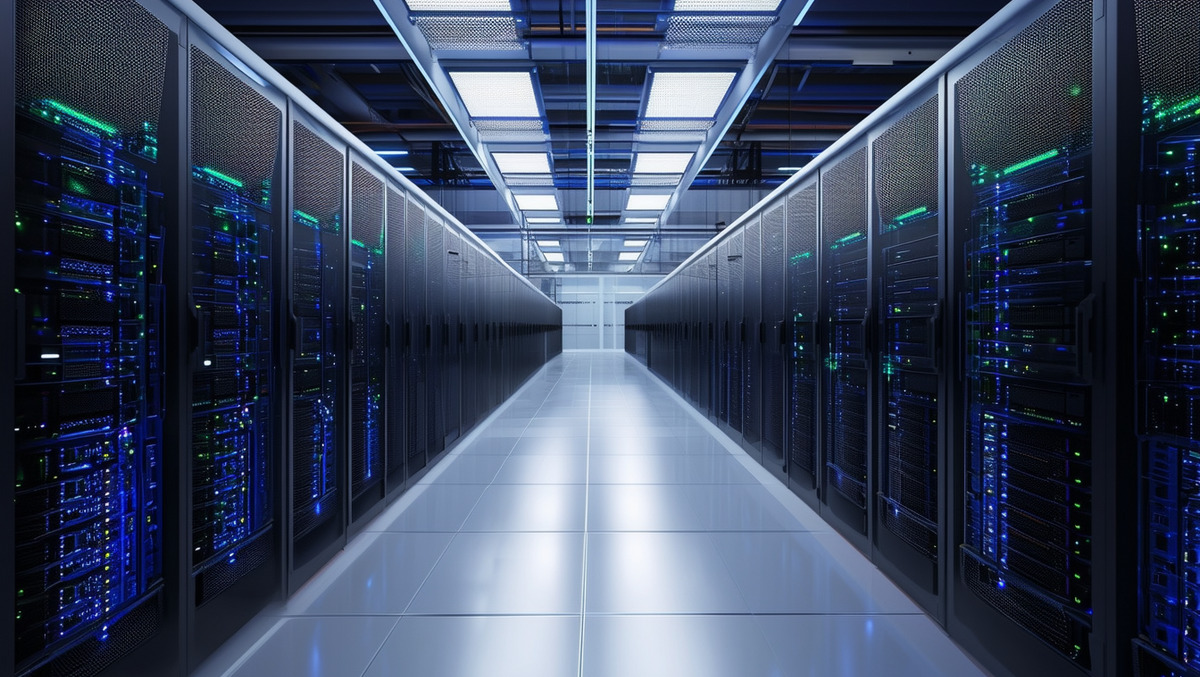Equinix has committed to an AUD $240 million investment to expand its data centre facilities in Sydney and Melbourne.
The expansion will add over 4,000 additional cabinets across two of its International Business Exchange (IBX) data centres, SY5 in Sydney and ME2 in Melbourne.
The investment is directed towards addressing the growing demand for digital infrastructure, particularly for artificial intelligence (AI) applications. The recent surge in AI adoption among Australian businesses necessitates infrastructure that can accommodate higher power density, advanced cooling, and increased connectivity.
A report from the Commonwealth Scientific and Industrial Research Organisation (CSIRO) notes that 68% of Australian businesses have already integrated AI technologies, with 23% planning to do so within the next year. These enterprises are increasingly turning to private AI models, which offer greater control, privacy, and security, while also meeting data governance, performance, and cost predictability requirements.
Managing Director of Equinix Australia, Guy Danskine, highlighted the significance of the expansion for the country’s digital economy.
“The expansion of SY5 and ME2 ensures we have the capacity in place so customers can continue to take advantage of the thriving Australian digital economy with minimal friction,” he said. “Since Private AI is emerging as the preferred model of adoption, access to high-performance digital infrastructure is essential.”
Danskine added that the new infrastructure would facilitate low-latency connectivity to multiple cloud providers and private infrastructure, enabling organisations to use advanced AI models while maintaining data localisation and control. Sustainability and efficiency remain priorities as Equinix delivers increasingly energy-intensive digital infrastructure.
Equinix plans to support the AI workload with more advanced liquid cooling technologies, like direct-to-chip cooling, starting from early in the second half of 2024. This measure aims to help businesses utilise the most efficient cooling solutions for their high-density hardware, enhancing their AI capabilities.
Sustainability is also a focus in the expansion. The company has implemented numerous sustainable construction initiatives at both SY5 and ME2, achieving a 95% recycling rate for on-site waste materials such as copper, steel, and cardboard. Additionally, Equinix has used 3D Building Information Modelling (BIM) to cut down waste from services like electrical cabling and ductwork by 25%.
SY5, located in Alexandria, Sydney, has added 2,675 cabinets, bringing the total to 9,675 cabinets when fully built out.
Equinix is uniquely positioned in Sydney as the only provider with native on-ramps to all six leading cloud service providers.
ME2 in Fisherman’s Bend, Melbourne, will gain 1,500 additional cabinets upon completion, raising its total to approximately 3,000. This site is notable for its direct access to the Australia Singapore Cable (ASC) and connectivity to more than 50 network service providers.
The expansion underscores the importance of Sydney and Melbourne as key growth centres. The Equinix Global Interconnection Index (GXI) 2024 forecasts substantial growth in interconnection bandwidth for both cities. Melbourne is the world’s fastest-growing edge metro, expected to reach 102 Tbps by 2026, while Sydney is forecast to grow to 1,141 Tbps, making it the fourth-largest metro in the region.
Equinix’s recent initiatives also include signing a Power Purchase Agreement (PPA) with TagEnergy, acquiring 151 megawatts of renewable energy from the Golden Plains Wind Farm in Victoria. Once this becomes operational in 2029, it will supply enough energy to cover Equinix’s 17 IBX data centres across Australia, supporting their 100% renewable energy target.
Earlier this year, Equinix launched a fully managed private cloud service to facilitate enterprises in acquiring and managing NVIDIA DGX AI supercomputing infrastructure, thereby enabling them to build and run custom generative AI models within key IBX data centres globally.

